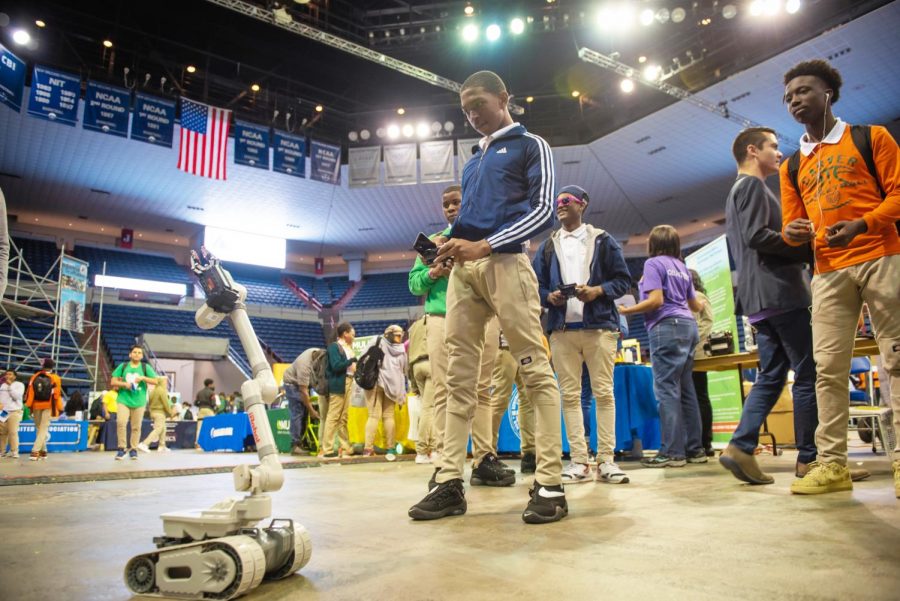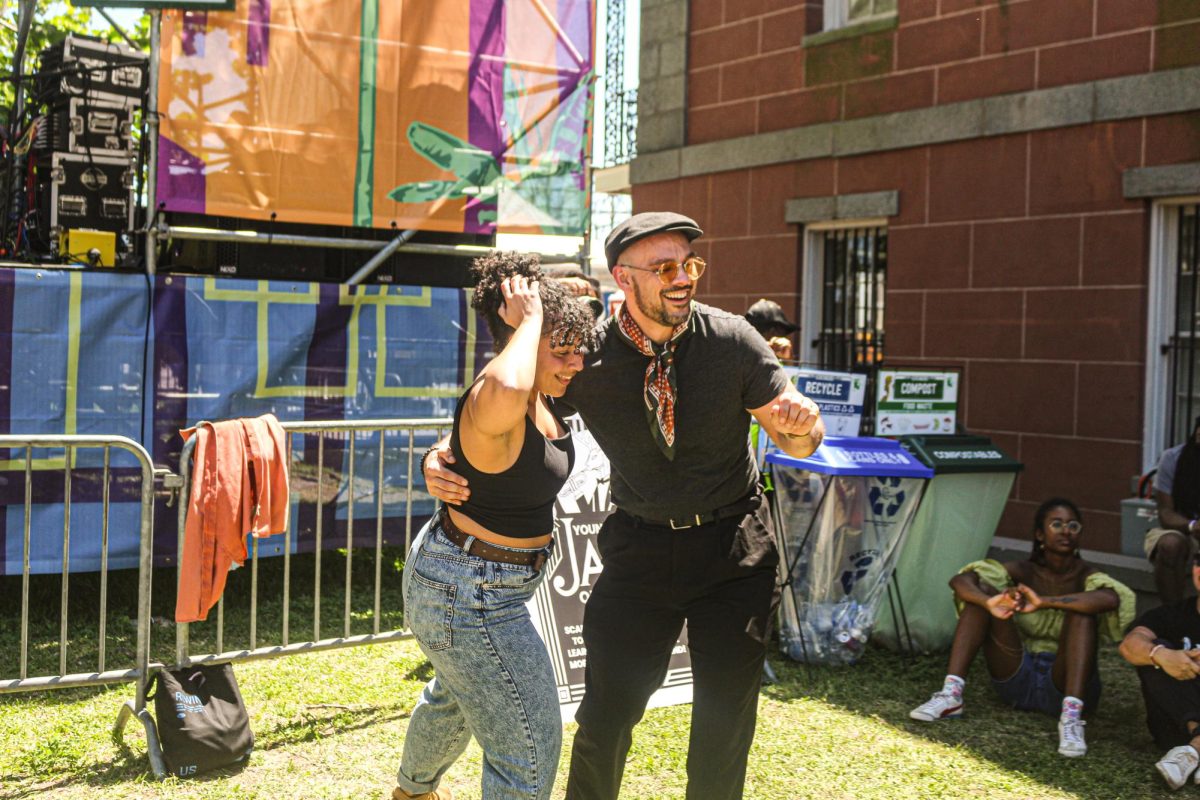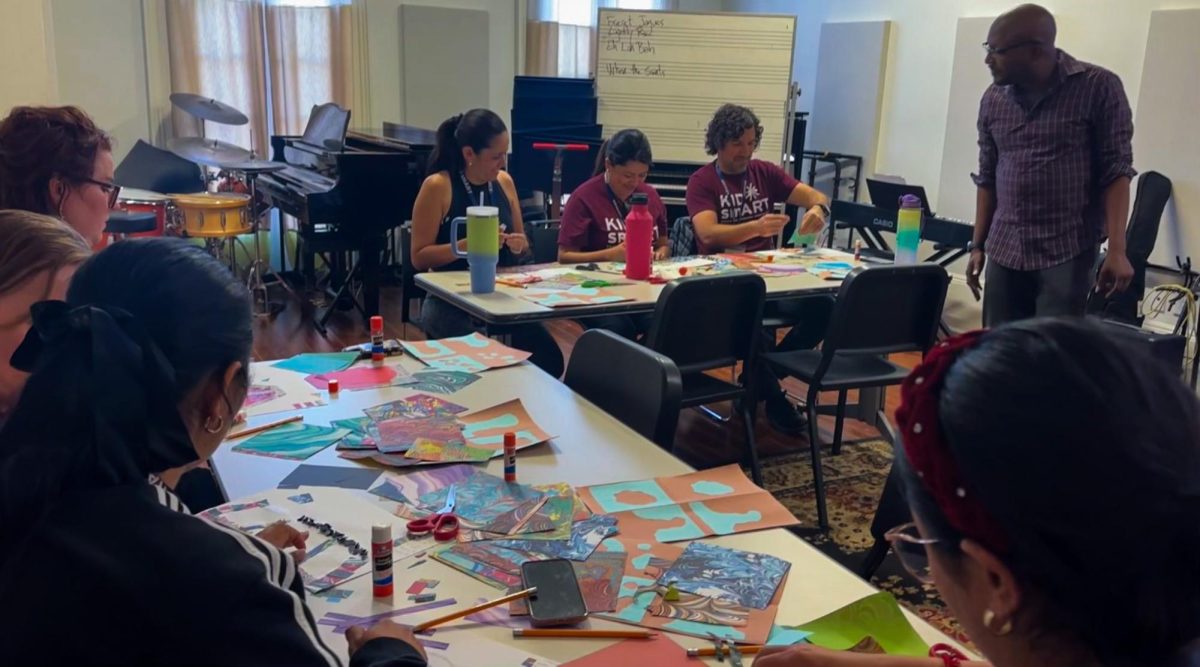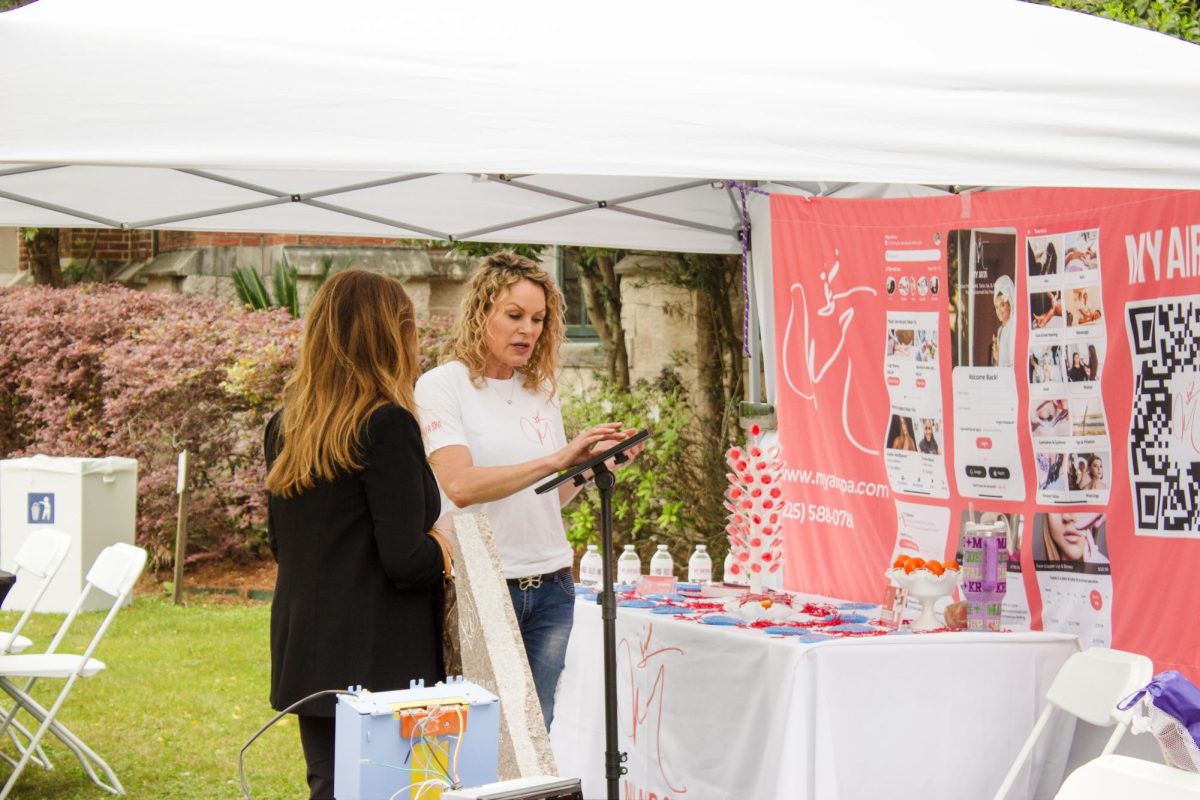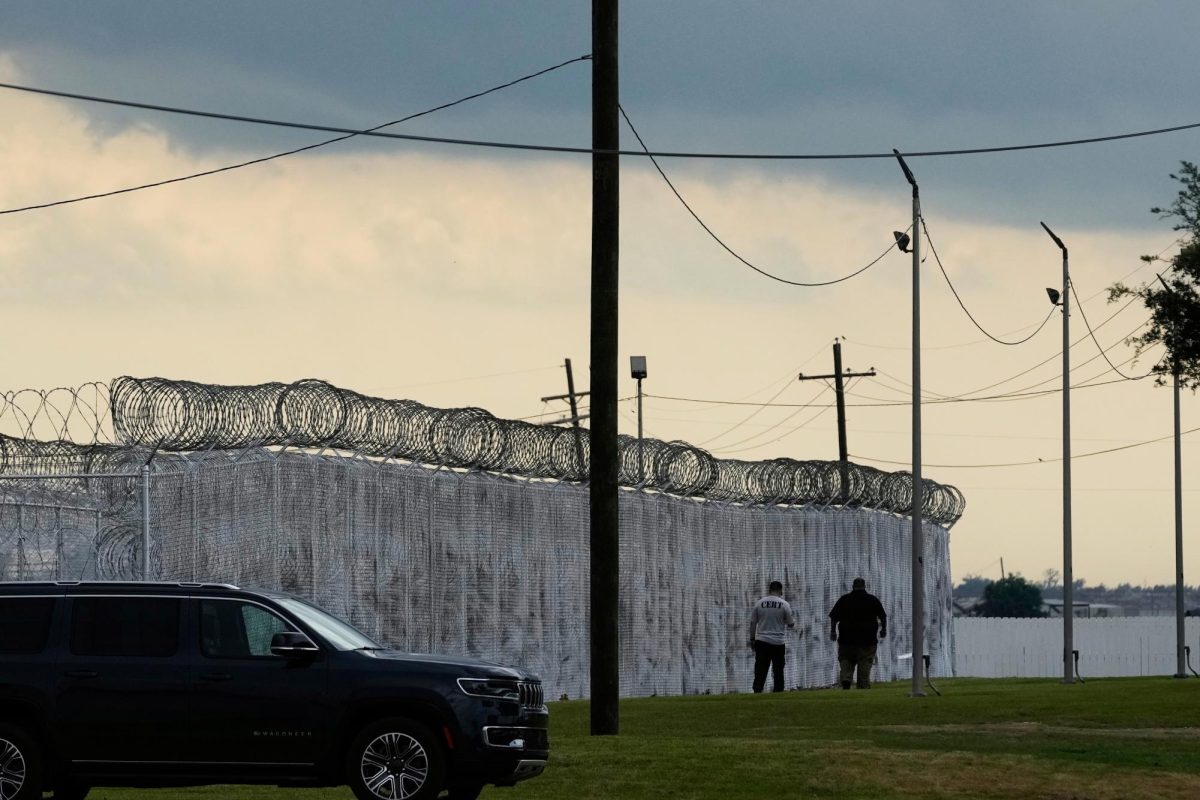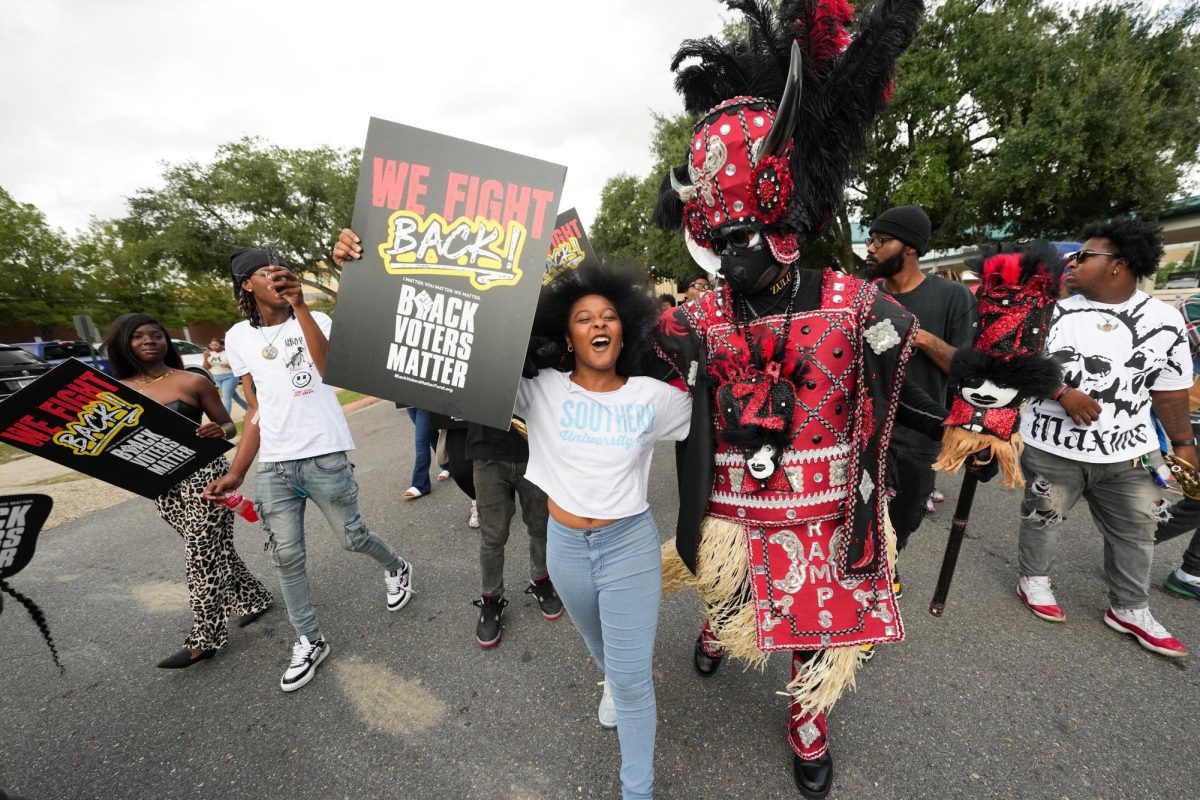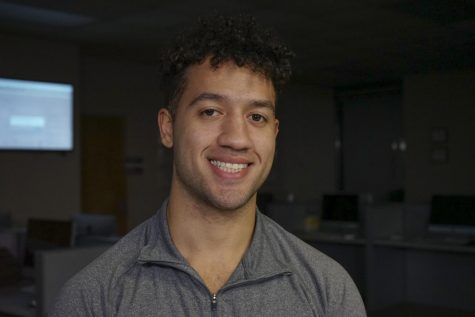During a pandemic that has pushed the majority of schools online and heightened learning inequalities, many local organizations intended for the success of underprivileged high school and college students have adapted to the new way of living.
YouthForceNola is an education, business and civic collaborative that prepares New Orleans public school students for the pursuit of high wages, high-demand career pathways, and promotes equity in education. Sarah Bell, director of employer partnerships at YouthForce NOLA, cultivates relationships with local businesses to connect them with current high school students.
“Some students head straight into the workforce and others attend college. To be more specific, we have graduates who have gone into the medical field, construction, software development.” Ultimately, it varies from year to year. Some of the stand out companies that YouthForceNola has connected students with include Lucid Software, Landon Construction, Ochsner Health System and Woodward Design Group LLC.
Similar to many other organizations, YouthForce NOLA has committed to working from home for the rest of the school year. Bell explained that the decision to go online, although challenging, has allowed the organization to fulfill its mission.
“We have realized that being virtual allows us to focus on equity issues. We are trying to make sure that more students have access to our programs who otherwise would not because of where they live, where they go to school, their transportation issues, etc. Many students in New Orleans East and the West Bank have a more difficult time traveling to their internships after school.”
YouthForce NOLA is also focusing on the goals they have for the future
“We have now created set goals for the class of 2025, which includes having 800 students earning industry-based credentials, certifications created by industries to confirm that individuals have mastered the critical skills necessary to be effective employees. As well as 650 students to have meaningful work experience, such as an internship.”
There are still many more organizations that are intended for the success of underprivileged students. One that categorizes itself as a regular school and a non-business is the Living School. The Living School serves ninth and tenth-grade students in Bulbancha and New Orleans East. It opened its doors in 2019. They specifically focus on hands-on learning. Denise Hampton, director of communications and operations, explained that the school has faced challenges during the COVID-19 pandemic.
“For us as a school, the biggest challenge has been being able to implement hands-on experience. We have been delivering supplies and different things to their houses to ensure that they still have a hands-on experience.”
The Living School has taken more steps to ensure that its students can participate in person. On Fridays, they have fieldwork experiences. Students have explored the historic Bayou Road and created a project based around the trip. Hampton describes this new switch as a necessary adjustment in the age of technology.
Even with the abrupt adjustment, Living School still has big goals for the future. As of right now, Living School only offers ninth and tenth grade courses, but they are working to become an official high school. Once they become a full-sized high school, their ultimate goal is having all of their students graduate with a trade certification or college acceptance.
In a city such as New Orleans, where the public school system is often criticized and where the African-American population reaches nearly 60% of the entire city, according to the United States Census Bureau, organizations are focusing on the inequalities that face Black students. One of these organizations, Grind To Grad, focuses on increasing the graduation rates of Black undergraduates. It is done primarily through social media by holding virtual workshops, partnering with student organizations at both PWIs, predominantly white institutions, and HBCUs, historically Black colleges and universities. Fred Johnson, the founder of Grind To Grad, was motivated to start this the organization after his own college experience.
“I had a very up and down time at the University of New Orleans. From starting with a full scholarship, changing my major at a very late time, losing my financial aid, dropping out of school, to eventually going back and graduating was a seven-year-long process. I understand the challenges that many Black college students face. I wanted to develop Grind To Grad to advise many Black students who face these struggles,” Johnson said.


